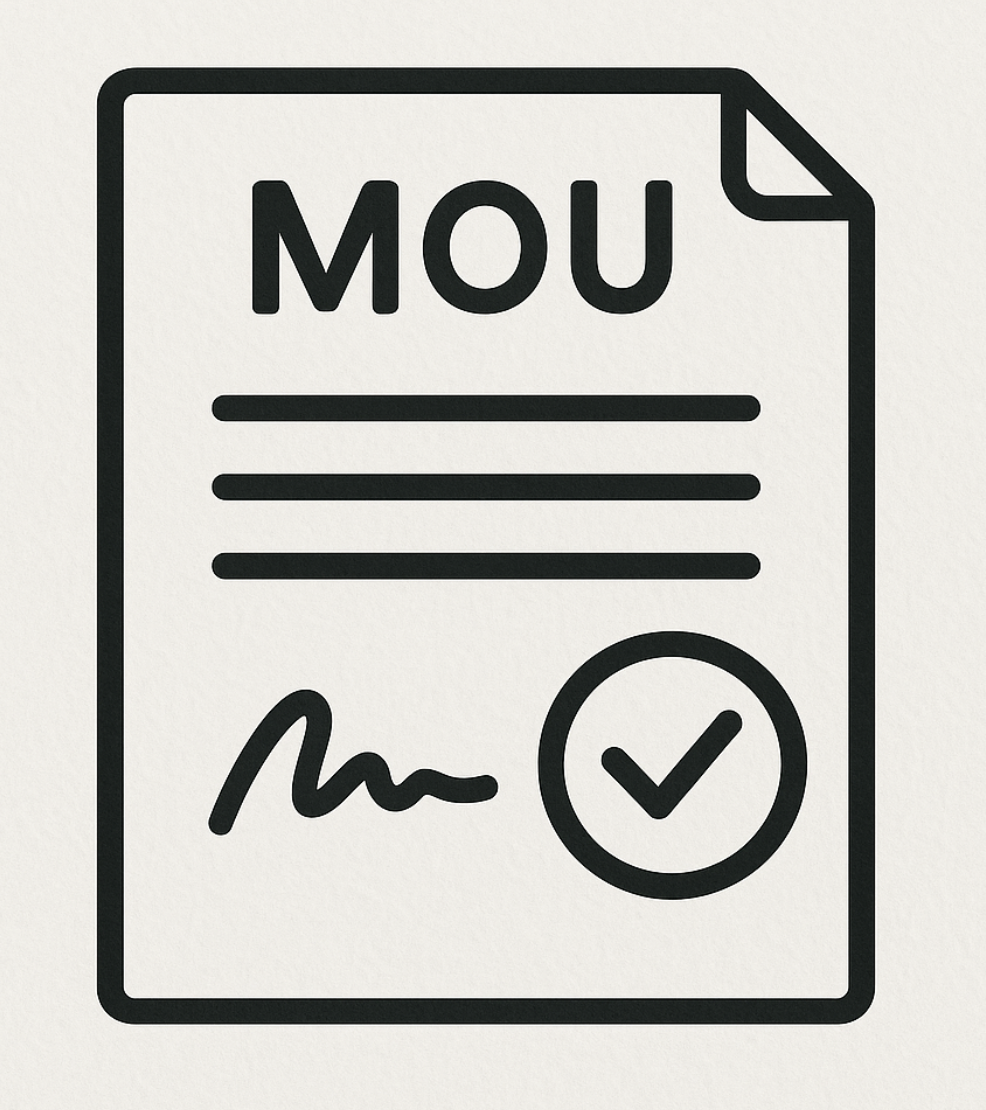PENGEMBANGAN MODUL PEMBELAJARAN PAI BERBASIS DIGITAL UNTUK ANAK USIA DINI
DOI:
https://doi.org/10.18592/jtipai.v10i2.4310Abstract
ABSTRACTMoral damage to children is caused by a lack of religious education in children. Religious education can be a solution to the problem of children's moral decay. With the existence of religious education, it is hoped that children can apply good moral values, manners, norms and ethics in everyday life. As a form of responsibility for education for children from an early age, this paper will try to provide thoughts related to these issues. To overcome this problem, competency-based and production-oriented digital teaching materials were developed that were valid and suitable for use in learning activities and for student independent learning. The methodology used is development with the final product in the form of a digital textbook developed with the ADDIE model. The approach used is a competency-based and production-oriented learning approach. Based on the analysis of the data obtained from the validation questionnaire, the percentage of validation of material experts was 77.6%, media experts were 80.6%, individual trials were 80%, small group trials were 81.9%, field trials were 82, 4%. The overall results indicate that the digital-based Islamic religious education learning module has the feasibility and validity to be used in Islamic Religious Education learning activities.KEYWORDS: Learning Module; Moral; Islamic education; Digital. ABSTRAK Kerusakan moral pada anak disebabkan oleh kurangnya pendidikan agama pada anak. Pendidikan agama dapat menjadi solusi dari permasalahan kerusakan moral anak. Dengan adanya Pendidikan agama, diharapkan anak dapat menerapkan nilai-nilai moral, sopan santun, norma dan etika yang baik dalam kehidupan sehari-hari. Sebagai bentuk tanggung jawab dari pendidikan untuk anak sejak dini maka tulisan ini akan mencoba memberikan pemikiran yang berkaitan dengan persoalan tersebut. Untuk mengatasi permasalahan tersebut dikembangkanlah bahan ajar digital berbasis kompetensi dan berorientasi produksi yang valid dan layak digunakan dalam kegiatan pembelajaran maupun untuk belajar mandiri siswa. Metodelogi yang digunakan adalah pengembangan dengan produk akhir berupa buku ajar digital yang dikembangkan dengan model ADDIE. Adapun pendekatan yang digunakan adalah pendekatan pembelajaran berbasis kompetensi dan berorientasi pada produksi. Berdasarkan analisis data yang diperoleh dari angket validasi, persentase validasi ahli materi sebesar 77,6%, ahli media sebesar 80,6%, uji coba perorangan sebesar 80%, uji coba kelompok kecil sebesar 81,9%, uji coba lapangan sebesar 82,4%. Hasil keseluruhan tersebut menunjukkan bahwa modul pembelajaran pendidikan agama Islam berbasis digital memiliki kelayakan dan kevalidan untuk digunakan dalam kegiatan pembelajaran Pendidikan Agama Islam.KATA KUNCI: Modul Pembelajaran; Moral; Pendidikan Agama Islam; Digital.References
Assyauqi, Moh Iqbal. “Pengembangan Media Pada Pembelajaran Kosa Kata Bahasa Arab Berbasis Komputer Menurut Konsep Teknologi Pembelajaran.” Jurnal Al Maqayis, 2014.
Bozkurt, Aras, Muhammet Recep Okur, and Abdulkadir Karadeniz. “Use of Digital Books at Academic Level: Perceptions, Attitudes and Preferences of Post-Graduate Students.” International Journal of Human Sciences, 2016. https://doi.org/10.14687/ijhs.v13i1.3534.
“Developing Interactive E-Book as Material Technology Coursebook by Flipbook Maker Software.” Journal of Education and Practice, 2019. https://doi.org/10.7176/jep/10-24-03.
Dimyati, Mudjiono dan. “Model-Model Pengajaran Dan Pembelajaran.” Teaching and Educations, 2013.
Drljača, Dalibor P, and Branko Latinović. “ADDIE Model.” In Zbornik Radova ITeO2010, 2010.
Setiawan, Achmad, Asrowi Asrowi, and Nunuk Suryani. “Urgensi Pemanfaatan Multimedia Pada Pendidikan Agama Islam Jenjang SMK.” Teknodika, 2017. https://doi.org/10.20961/teknodika.v15i2.34742.
Supriadi, Supriadi. “PEMANFAATAN SUMBER BELAJAR DALAM PROSES PEMBELAJARAN.” Lantanida Journal, 2017. https://doi.org/10.22373/lj.v3i2.1654
Sulistianingsih & Carina, A. (2019). Developing Interactive E-Book as Material Technology Coursebook by Flipbook Maker Software. Journal of Education and Practice. 10 (24), 11-17.
Taufiqy, Ighfir, Sulthoni Sulthoni, and Dedi Kuswandi. “Pengembangan Bahan Ajar Digital Berlandaskan Model Guided-Project Based Learning.” Jurnal Pendidikan - Teori, Penelitian, Dan Pengembangan, 2016.
Tuma, J. M., & Pratt, J. M. (1982). Clinical child psychology practice and training: A survey. ldots of Clinical Child & Adolescent Psychology, 137(August 2012), 37–41. http://doi.org/10.1037/a0022390, 120–130. Gobry, F. (1999). {T}his is a title. {M}y Journal, 1, S. E. (1980). The Age of Reform 1250-1550. … and Religious History of Late Medieval and Reform …. Retrieved from http://scholar.google.com/scholar?hl=en&btnG=Search&q=intitle:THE+AGE+OF+REFORM+1250-1550#2%5Cnhttp://scholar.google.com/scholar?hl=en&btnG=Se Osment, 525–534. http://doi.org/10.1037/0022-0663.100.3.525 Caprara, G., & Fida, R. (2008). Longitudinal analysis of the role of perceived self-efficacy for self-regulated learning in academic continuance and achievement. … of Educational …, 100(3), logic and mathematics in the twentieth century. … Philosophy. London and New York: Routledge. http://doi.org/10.4324/9780203029473 Shanker, S. (2003). Philosophy of science, J. (1998). Routledge History of Philosophy III. … Philosophy. London and New York: Routledge. http://doi.org/10.4324/9780203062272 Marenbon, 88–96. http://doi.org/10.1037//0033-3204.39.1.88 Pole, N., & Ablon, J. (2002). Ideal control mastery technique correlates with change in a single case. … Theory, Research, Practice …, 39(1), et al. “Innovations in Education and Teaching International Rethinking PhD Learning Incorporating Communities of Practice Rethinking PhD Learning Incorporating Communities of Practice.” Innovations in Education and Teaching International, 2009. https://doi.org/10.1080/14703290903069019.
Downloads
Published
How to Cite
Issue
Section
License
Authors who publish with this journal agree to the following terms:
- Authors retain copyright and grant the journal right of first publication with the work simultaneously licensed under a Creative Commons Attribution License that allows others to share the work with an acknowledgement of the work's authorship and initial publication in this journal.
- Authors are able to enter into separate, additional contractual arrangements for the non-exclusive distribution of the journal's published version of the work (e.g., post it to an institutional repository or publish it in a book), with an acknowledgement of its initial publication in this journal.
- Authors are permitted and encouraged to post their work online (e.g., in institutional repositories or on their website) prior to and during the submission process, as it can lead to productive exchanges, as well as earlier and greater citation of published work.










